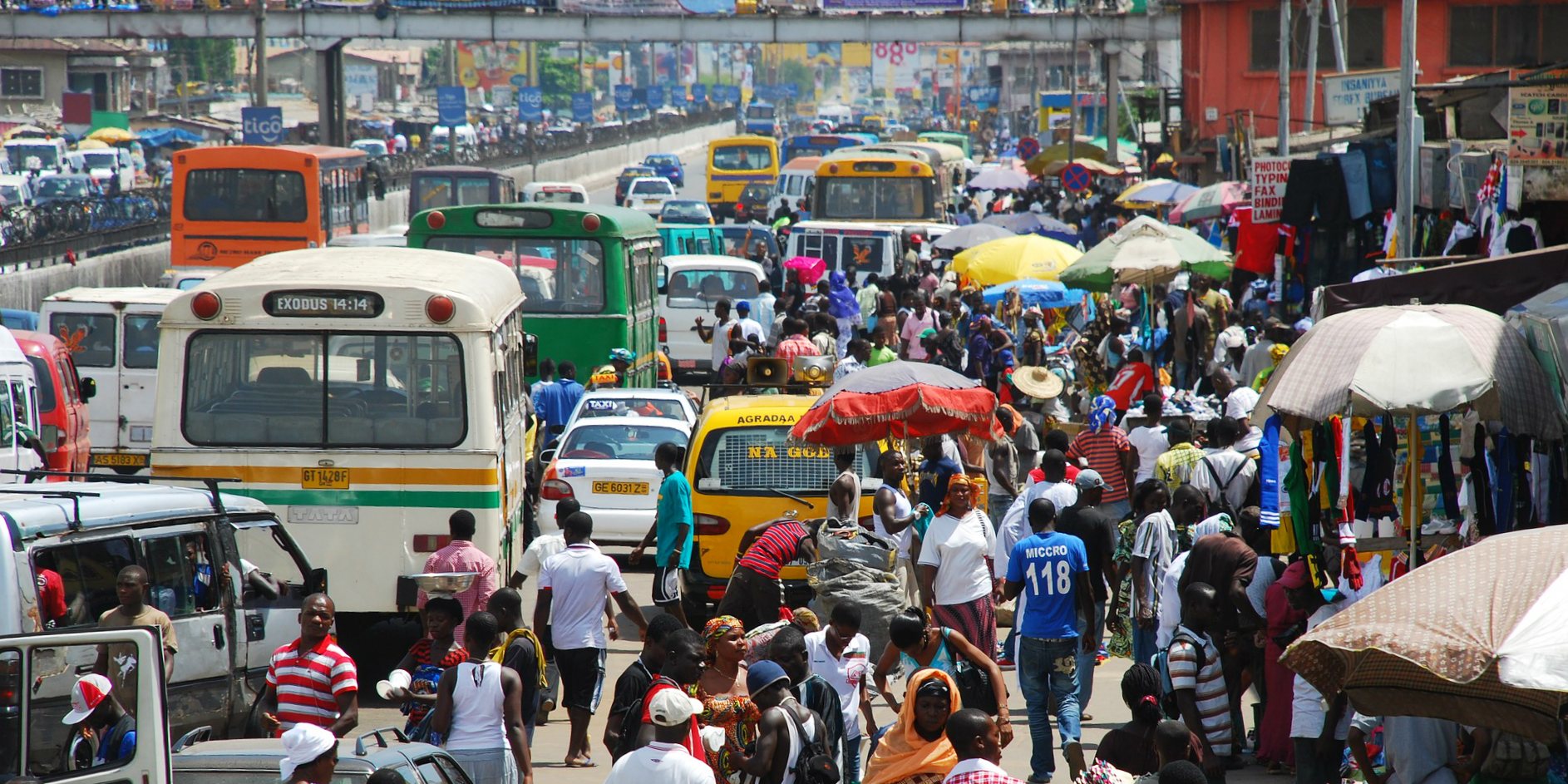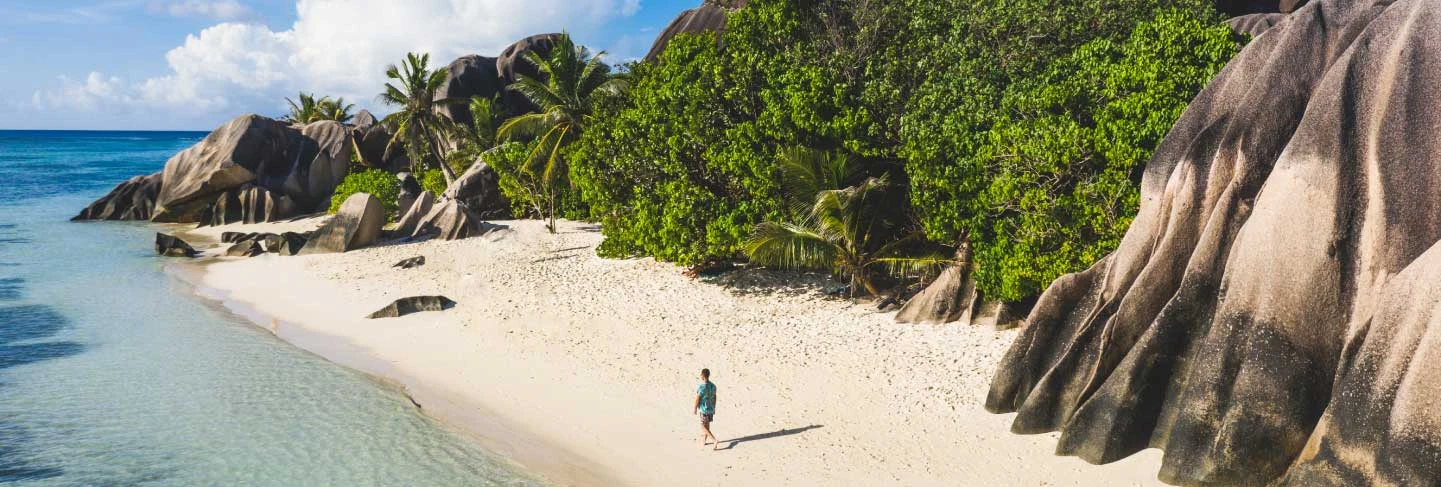
How to prepare for a volunteering trip to Ghana
Zaytoen Domingo
Posted: February 14, 2019
Original photo: Andrew Moore
Not sure what to expect on a volunteer trip to Ghana? You’re not alone! Whether it’s your first-time abroad (or second or third) the nervous butterflies never go away.
Whether you’re worried about the project work, people, or even the food, we all have a million thoughts running through our minds in the months and weeks leading up to a trip.
Luckily, there are a few things you can do before you step foot onto a plane to squash some of the nerves. Here’s how to prepare for your volunteering trip to Ghana!
Choose a project that will make a difference
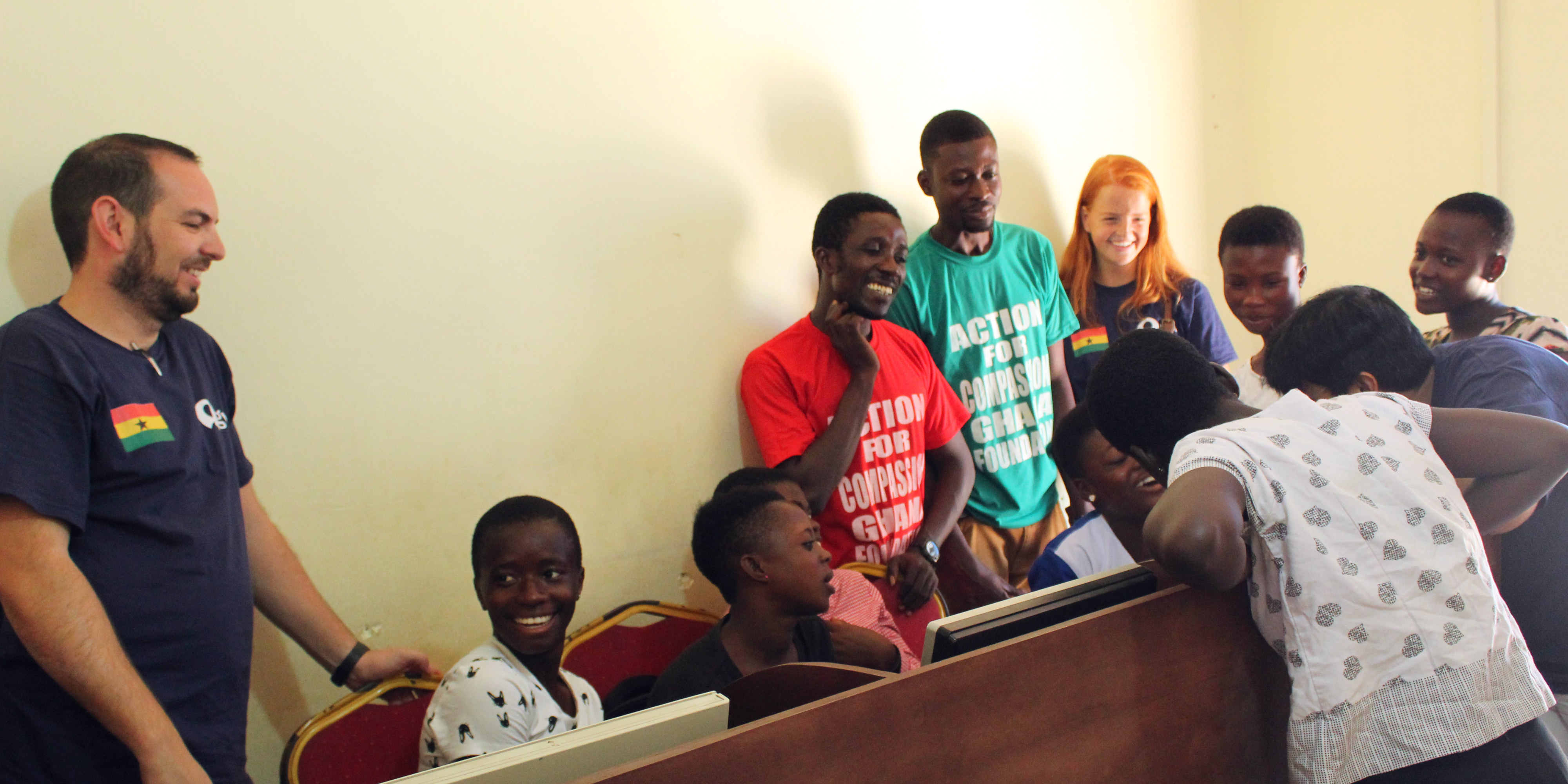
With so many volunteering projects to choose from, it can be overwhelming deciding which one is the right fit for you.
A good rule of thumb is to choose an organisation that promotes sustainable volunteering in Ghana. The project should work towards one or more of the United Nations Sustainable Development Goals, and it should have an end date.
There should be a clear goal or objective that you’re working towards, so you can track the progress and understand the impact you are making in collaboration with the local community.
It’s important to keep in mind that sustainable volunteer programs in Ghana will have long-term goals. This means you might not see the results of the project until after you’ve returned home.
For example, if you choose to teach English in Ghana, one of your students may be able to work towards a job in the tourism industry due to their English language proficiency. As a result, they would be empowered to break the cycle of poverty. But you won’t be around to see that impact play out to fruition.
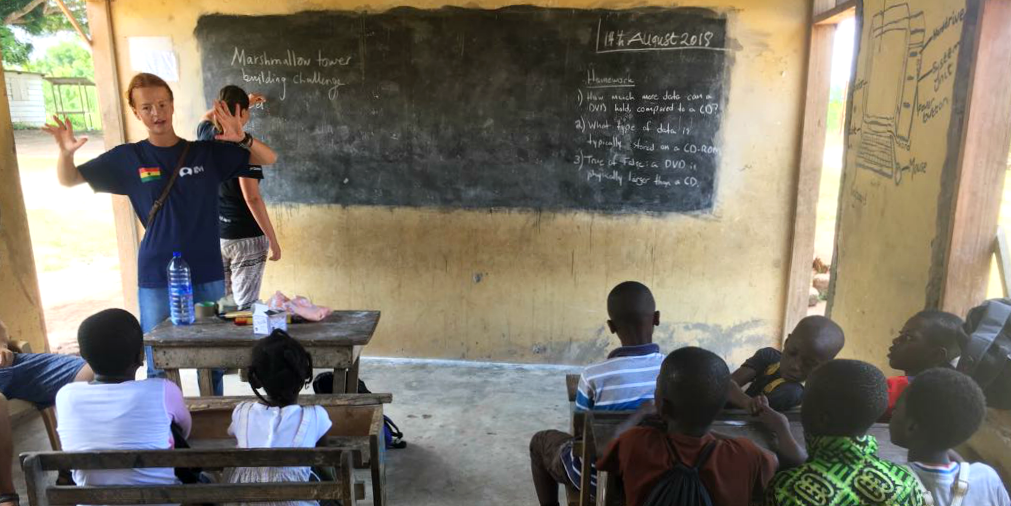
Get your vaccinations up to date
Be proactive and find out if you need any vaccinations for your volunteer trip to Ghana.
One that you’ll definitely need is a yellow fever vaccination. You can get your certificate from a local travel clinic, and the injection protects you from the disease for ten years.
If you don’t have proof of the vaccination, you might not be allowed into the country, or you’ll have to get the shot on arrival.
It’s also a good idea to check with your doctor if there are any other recommended vaccinations.
Apply for your passport and visa
If it’s your first time travelling abroad, you’ll need to apply for a passport. Or if you’re a regular globetrotter, make sure your passport is more than six months old and has at least two blank pages.
If you’re a non-ECOWAS (Economic Community of West African States) citizen, you’ll need to apply for a tourist visa. Contact the Ghanaian embassy nearest to you to find out what documentation you need, how much it costs, and how long the application will take.
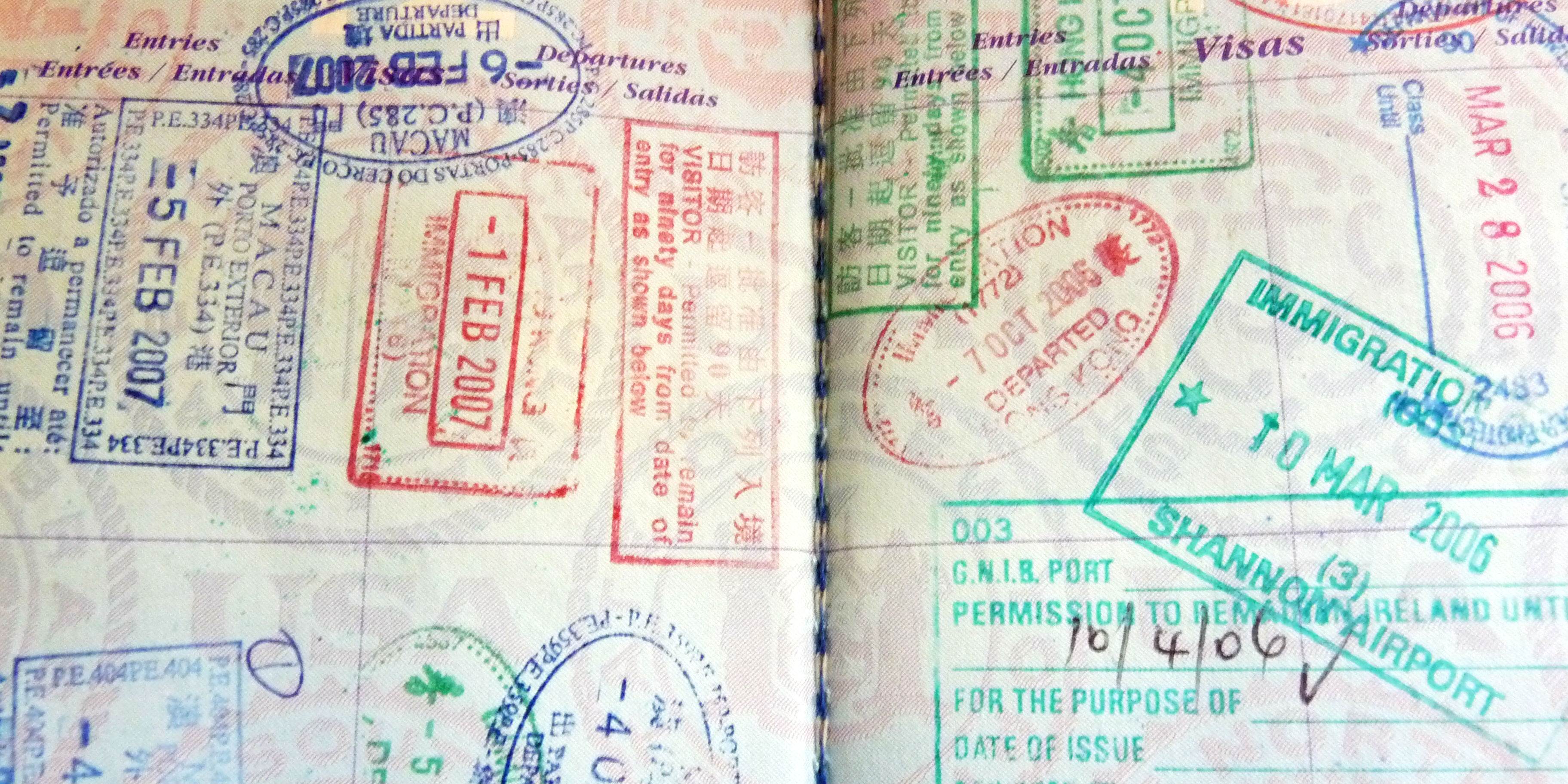
Original photo: Megan Eaves
Buy travel insurance
At GVI, we carry out regular risk assessments to ensure our volunteers are safe at all times.
However, accidents can still happen, as well as events out of our control.
Make sure you’re protected in all scenarios by purchasing a comprehensive travel insurance policy. Check to see if your usual plan covers overseas travel or purchase a short-term plan for your destination.
If you’re planning on doing any extreme sports while in Ghana, like kitesurfing, it’s important to make sure your plan covers that activity. Otherwise, if something happens, you’ll have to pay for any medical expenses out of your own pocket.
Learn the local language
Travelling to a new country where English isn’t the main language can be daunting – especially if it’s your first trip abroad.
If you aren’t prepared, the language barrier can make you feel isolated from local people and prevent meaningful cultural exchange.
While you count down the days to your volunteer project, spend a few hours a week learning a new language. Twi is of one of the most widely spoken languages in Ghana.
There are plenty of YouTube videos to help with language immersion and blogs detailing some of the most important phrases you should know.
Once you arrive, you won’t stick out as a confused tourist, you’ll have an easier time meeting new people, and you’ll have deeper experiences in cross-cultural communication.
Pack the right clothes
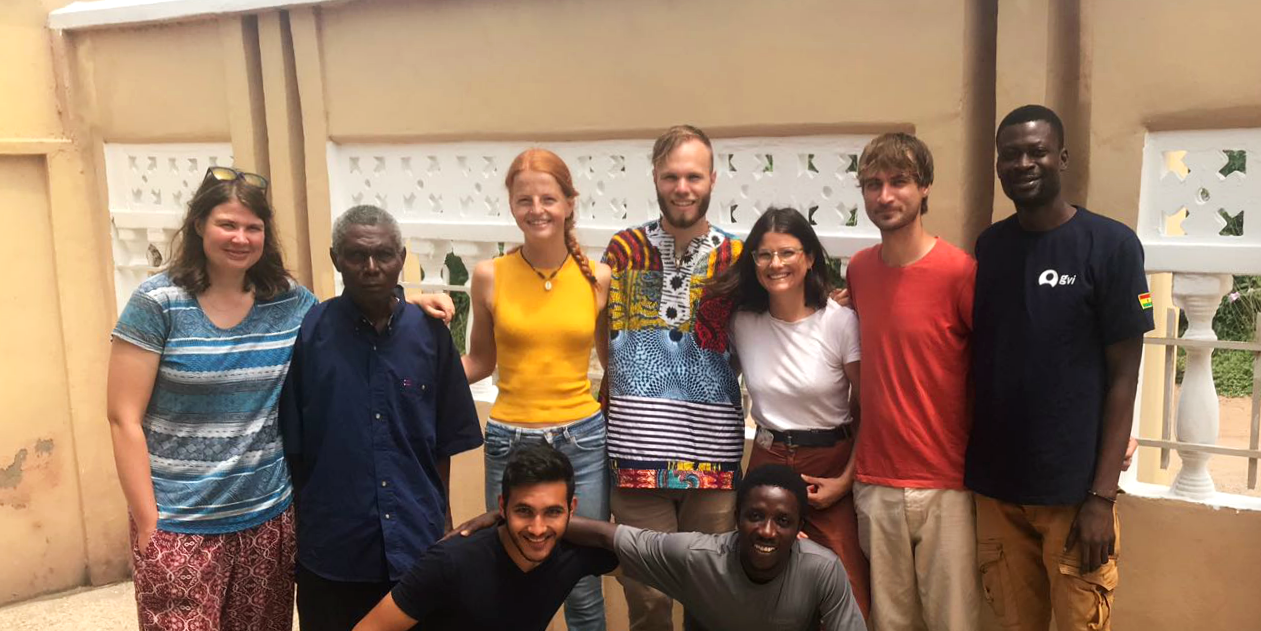
When packing your bags for your volunteer trip to Ghana, think about your project work.
Will you be working with kids or outside in the heat of the day building eco-toilets or houses?
Leave your favourite or expensive clothing items at home. Comfort and functionality should take priority, even if you don’t look stylish throughout the day.
It’s also important to take traditional values in Ghana into consideration. For many locals, showing too much skin is considered taboo. Stick to t-shirts and shorts that don’t show your upper thighs.
Research local Ghanaian culture
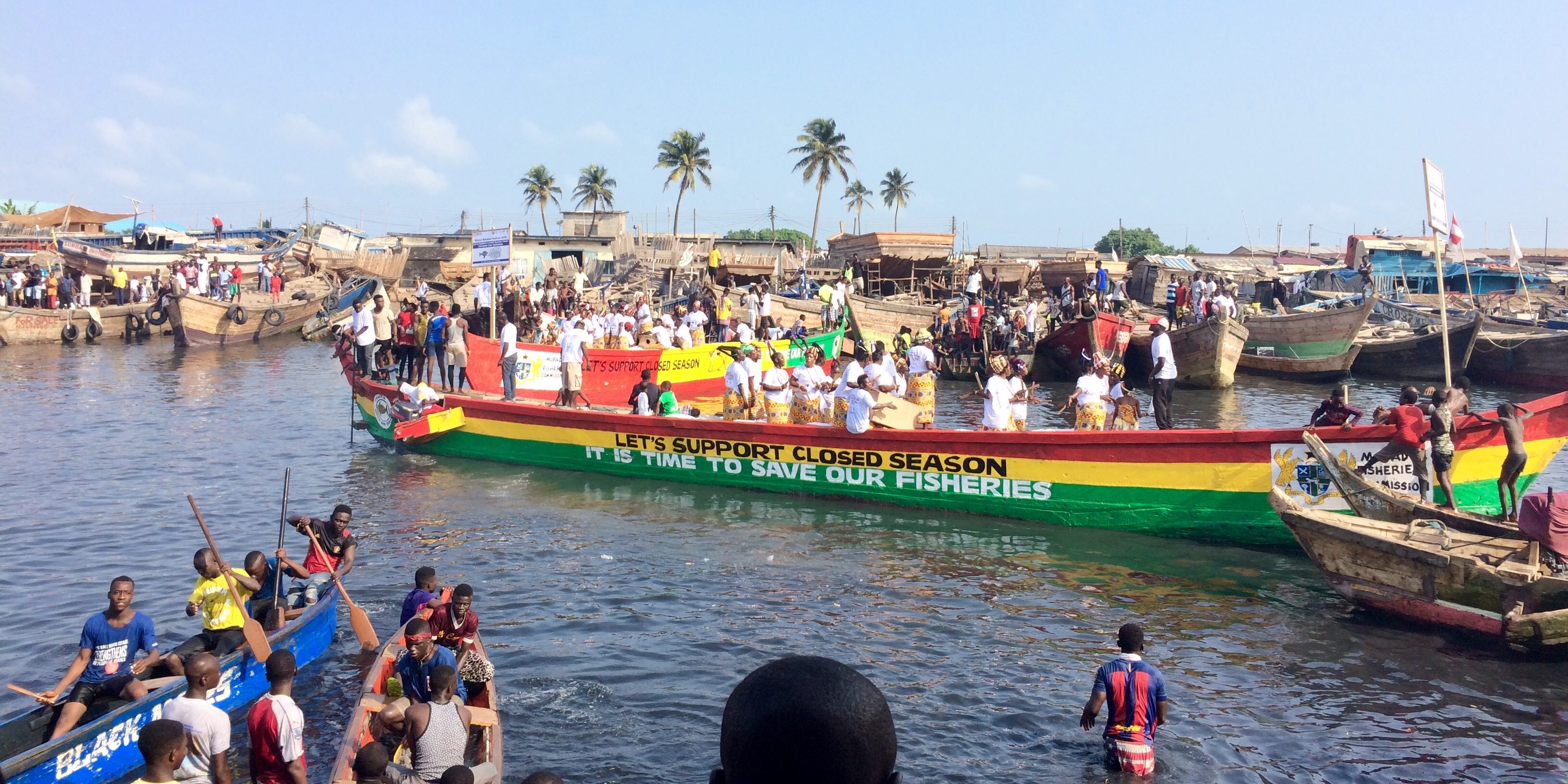
One of the best things about volunteering is abroad is that you get to immerse yourself into another culture. But don’t wait until you get to Ghana to start learning about this unique West African country.
There are tons of interesting facts about Ghana!
Are there any customs you need to be aware of? Are you arriving during an important cultural event? Are there traditional dishes you want to try?
By doing a little bit of research before you arrive, your trip will feel less daunting. You’ll have an idea about what to expect.
Find out more about our volunteering programs in Ghana
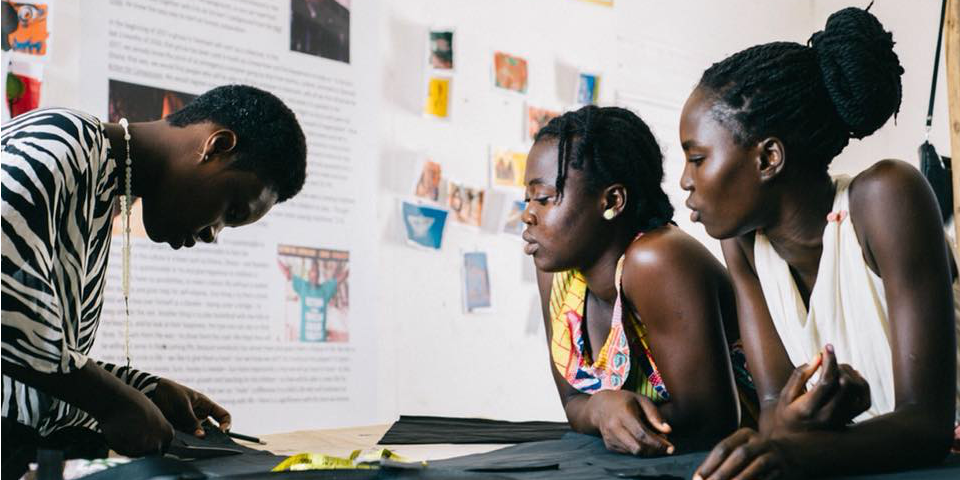
Can’t decide if the women’s empowerment or community development internship is the perfect fit for you? Are your parents wondering if Ghana is safe for volunteers?
GVI has been running volunteering trips around the world for over 20 years and has a thorough pre, during and post-departure procedure to make sure you feel supported every step of the way.
Hop onto a call with a member of our team and get all the answers you need to start planning your volunteer trip to Ghana!
By Zaytoen Domingo
